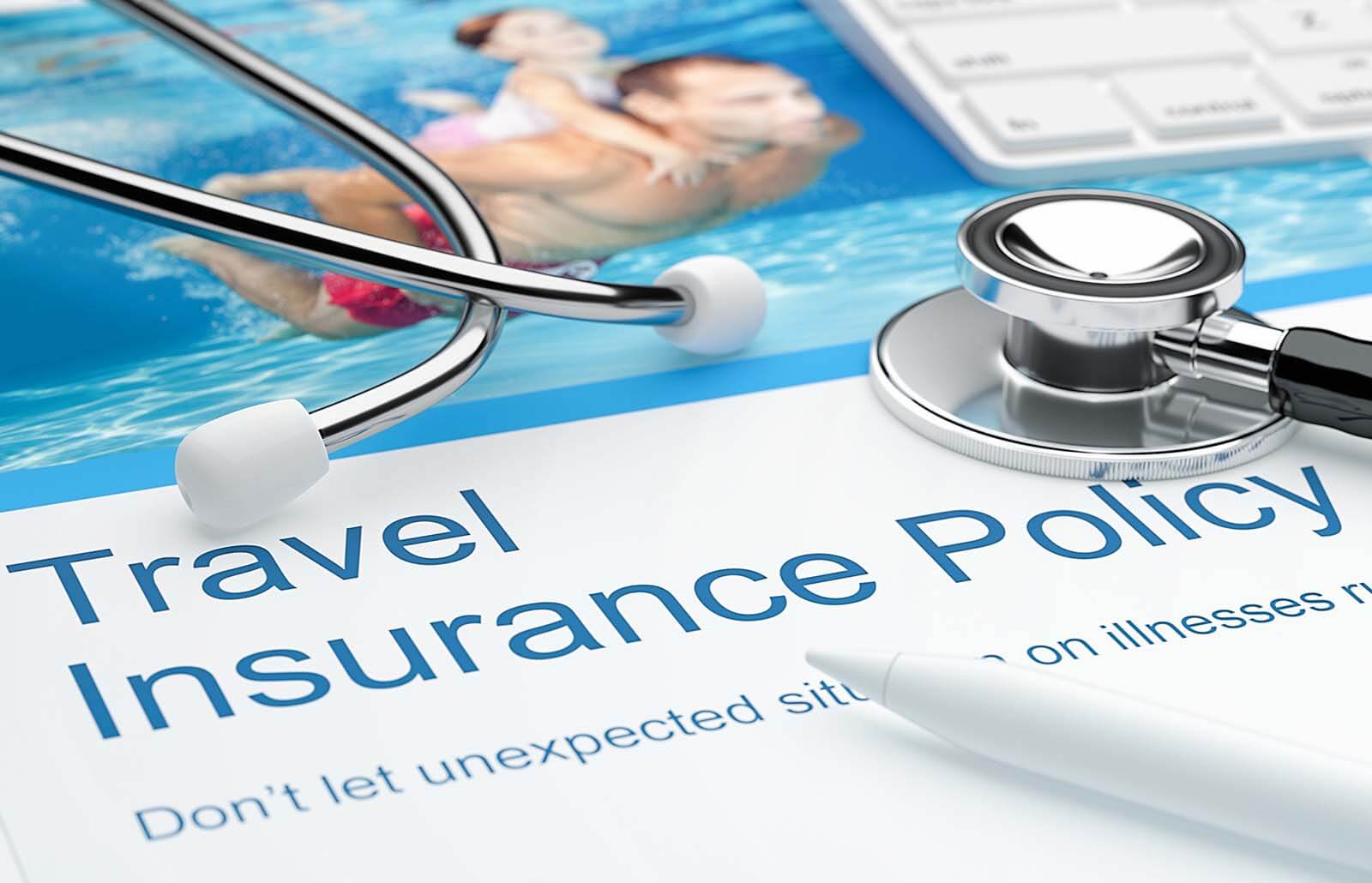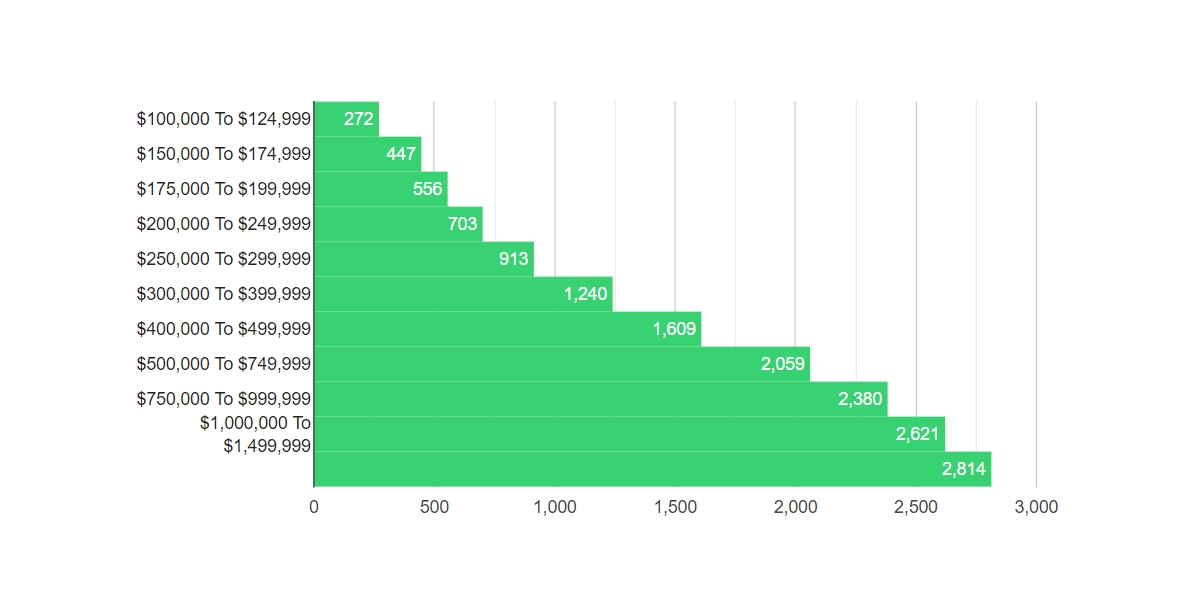
RV insurance is necessary. It not only protects your investment, but is also required by law. You should choose a policy that is affordable and meets your specific needs. Essentially, RV insurance is a combination of auto insurance and homeowners insurance. Although RV insurance is not as comprehensive as regular auto policies, you can still get some coverage in the event of an accident with your RV.
The Class A and the B Classes
There are many kinds of insurance for campers. Class A and B RVs need a unique type of coverage. Price of a policy is dependent on many factors. Although liability coverage is required by law, other types are up to you.
Class C
Campers insurance is mandatory in many U.S. states as well as certain Canadian provinces. It is important that you fully understand all details of the policy before you make a purchase. RV insurance costs typically are less than that of car insurance premiums. The amount you pay for RV insurance will depend on the type of RV.

Class D
There are many factors to consider when you're looking for campers insurance that covers Class D RVs. These factors will influence the cost of your coverage. The type of RV will also affect the cost of coverage. A Class A motorhome costs more than one of its Class D counterparts because it contains more electrical or motorized components. Insurance coverage also depends on the driver's driving record. People with clean driving records can get the lowest premiums.
Class E
There are a variety of coverage options available for Campers insurance Class E RVs. The most basic protection pays the actual cash value and depreciation of your vehicle. This level of protection provides the smallest amount of coverage but has the highest premiums.
Class H
Campers insurance should be purchased when you buy or rent an RV. This insurance can be purchased directly through the rental company or through an intermediary insurance provider. Most credit cards that provide primary coverage don't cover rental insurance. Therefore, it is important to take this into consideration when you are buying or renting an RV. There are also different insurance requirements for different types of RVs.
Class I
Insurance coverage is an important component of RV ownership. Your state's population density and crime rate will all impact the cost of insurance. It is important to shop around for the best rates, coverage options and prices. Multi-policy holders may be eligible for discounts by many providers. You may be eligible for a discount if your RV insurance is combined with renters insurance or life insurance. Bundling your policies also reduces the stress of dealing with separate companies.

Class IX
If you intend to use your motorhome as your primary residence, Campers insurance Class IX RVs is required. This policy will cover your motorhome in case it is stolen, damaged, or destroyed. Additional coverage can be purchased to protect any structures attached to your RV.